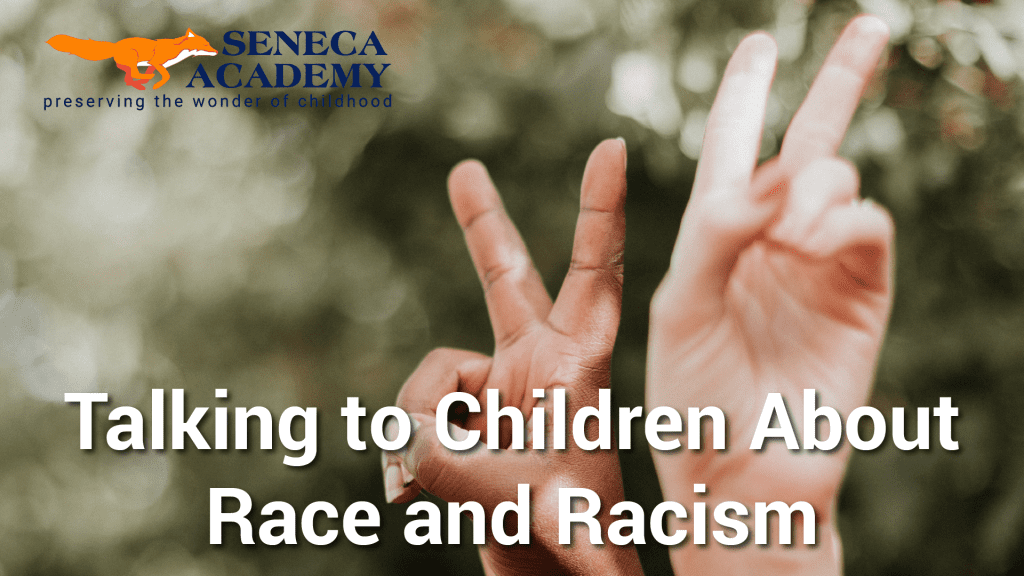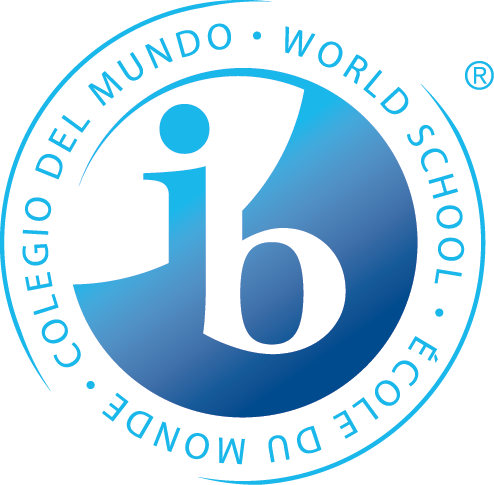
From Dr. Michelle Parker, child psychologist and Head of School, on June 2, 2020:
In the last few days, as I have been working hard to rebuild our “village,” I have also found myself consumed by the pain and suffering that are being reflected in our country’s reaction to the senseless killing of George Floyd and of all the victims of police violence who preceded him. We have spent the last few months focused on surviving the COVID-19 pandemic. Recent events, however, remind us that all along we have also been living with a much older pandemic of systemic racism and social injustice. As Martin Luther King, Jr., stated, “Riots are the language of the unheard.” As a society and as a community, we need to hear this pain and the inequity and history that underlies it, bridge our divides, and commit ourselves to “building villages together” that begin to address our imperfections.
Preparing our children to be agents of change starts with providing them with age-appropriate ways to understand and process the events around them. Even young children who hear parents talking or catch brief glimpses of news coverage worry about what is going on and whether they are safe. Please remember that by three months of age, children are already biased towards faces that match the race of their caregivers. By two years, children already use race to reason about people’s behaviors and, by three years, most children use race to choose playmates.
Below are several resources to use as references for how to talk to children about recent events and about race.
Helpful Links
How to Talk to Children About Difficult News (American Psychological Association)
Talking to Kids About George Floyd (Child Mind Institute)
How to Talk to Your Children About Protests and Racism (CNN)
31 Children’s Books to Support Conversations on Race, Racism, and Resistance (Embrace Race)
What White Children Need to Know About Race (National Association of Independent Schools)
These Books Can Help You Explain Racism and Protest to Your Kids (New York Times)
Your Age-by-Age Guide to Talking About Race (Parents)
How Do We Teach Our Children Anti-Racism? These Resources Will Help. (TODAY)
Talking to Children After Racial Incidents (University of Pennsylvania Graduate School of Education)
Reading List
Here is a list of helpful books shared by a preschool parent, who states, “Some of these don’t necessarily address race, but do address kindness, acceptance, community: everything that Seneca Academy values.”
Firebird by Misty Copeland
Last Stop on Market Street by Matt de la Peña
Lovely by Jess Hong
Skin Again by bell hooks
Horrible Bear! By Ame Dyckman
Stick and Stone by Beth Ferry
Red: A Crayon’s Story by Michael Hall
Most People by Michael Leannah and Jennifer E. Morris
I Dissent: Ruth Bader Ginsburg Makes Her Mark by Debbie Levy
Stand Tall, Molly Lou Melon by Patty Lovell
Come With Me by Holly M. McGhee
Nelson Mandela by Kadir Nelson
Of Thee I Sing: A Letter to My Daughters by Barack Obama
One by Kathryn Otoshi
Be Who You Are by Todd Parr
All Are Welcome by Alexandra Penfold and Suzanne Kaufman
Hidden Figures: The True Story of Four Black Women and the Space Race by Margot Lee Shetterly
Radiant Child: The Story of Young Artist Jean-Michel Basquiat by Javaka Steptoe
Emmanuel’s Dream: A True Story of Emmanuel Ofosu Yeboah by Laurie Ann Thompson


